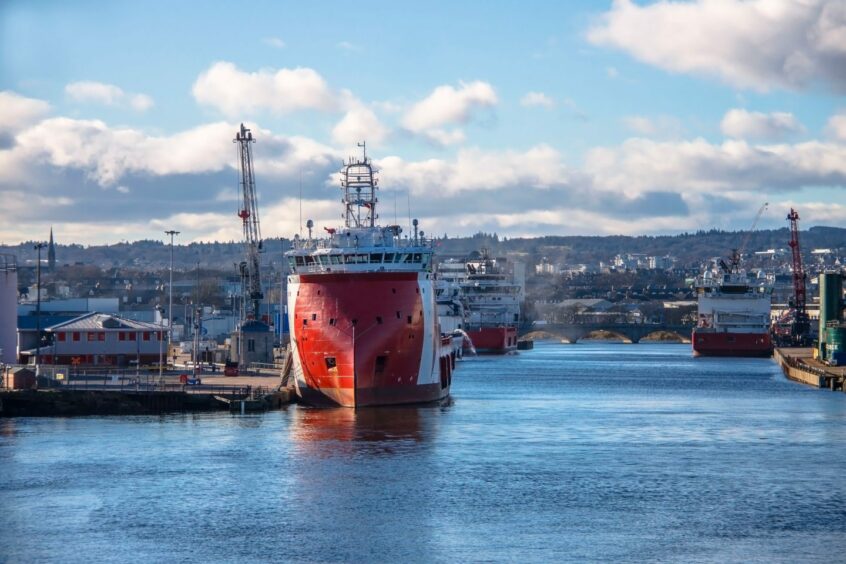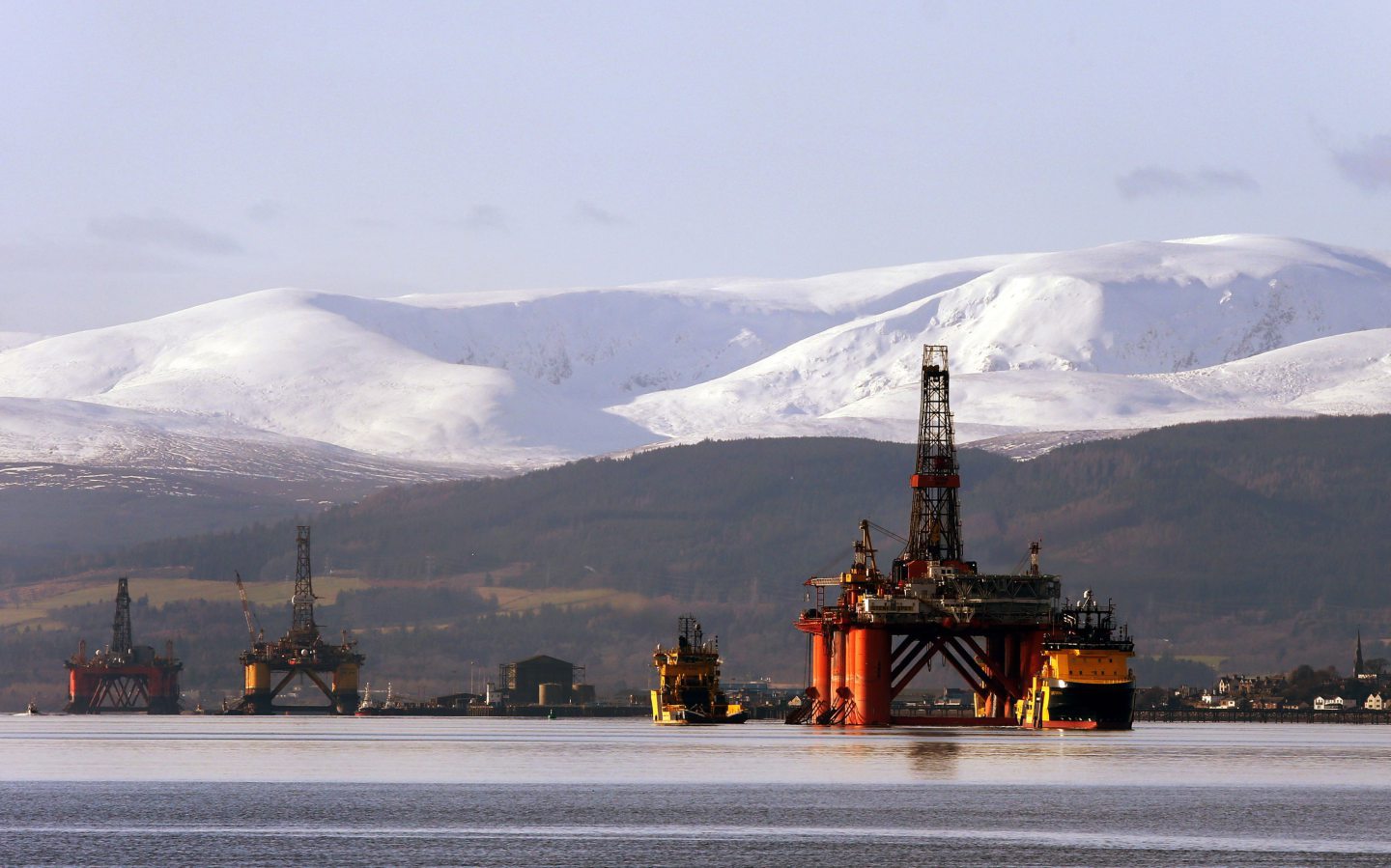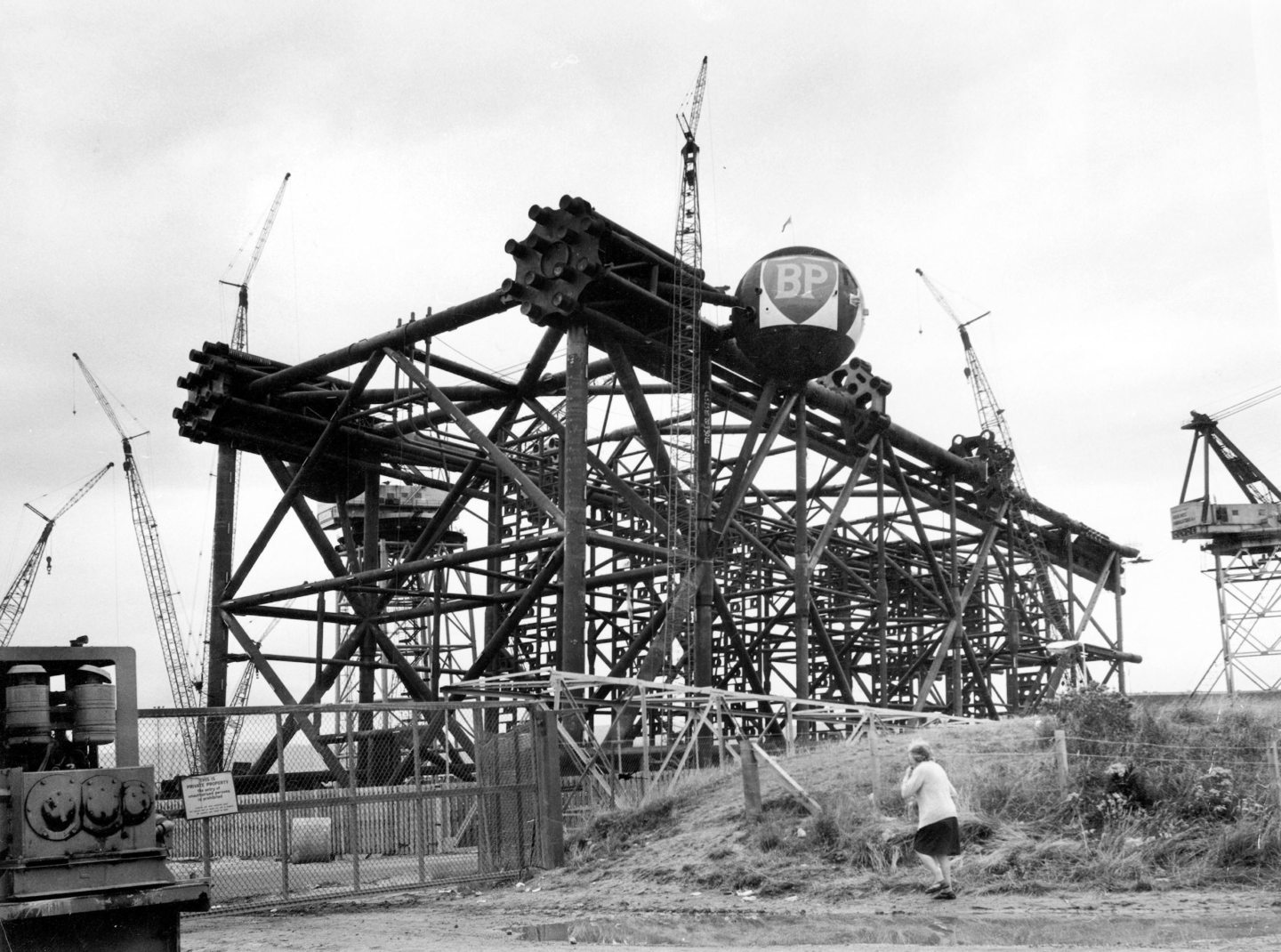
Aberdeen University (UoA) will join other Scottish institutions to explore lessons from the past which could help coastal communities cope with the energy transition.
UK coastal regions have seen industrial transformations in the past, transitioning from whaling and textiles to the production of North Sea oil and gas in the 1970s.
Now, a research team led by Edinburgh’s Heriot-Watt University will examine these past transitions with the aim of boosting resilience in coastal communities across Scotland and the north of England.
UoA said past energy transitions have led to profound environmental and socio-cultural change, but most analysis focuses on technical and economic criteria.
Prior research has rarely addressed environmental, social, cultural and institutional impacts, or whether transitions are fair and inclusive, or ‘just’.
UoA said the TRANSitions in Energy for Coastal communities over Time and Space (TRANSECTS) project aims to fill this knowledge gap.
It is one of four projects to share in £14.8 million in funding from UK Research and Innovation and the Department for Environment, Food and Rural Affairs (Defra).
The University of Highlands and Islands, University of Strathclyde and University of Hull will also partner on the project alongside industry, government and marine stakeholders.
The ‘human side’ of the energy transition
Researchers will examine three case study areas and combine scientific data on the impacts of past energy transitions on factors ranging from migration to health.
The focus areas include the east coast of Scotland, the Orkney Islands and the Humber region in England.
UoA will receive £718,000 in funding as part of the project, involving members of its Just Transitions Lab.
Aberdeen University Centre for Energy Law director and Just Transitions Lab coordinator Dr Daria Shapovalova said the project is a “unique opportunity” to examine the “human side of the energy transition”.
“We will use the knowledge of past transitions – for example from whale oil to petroleum – and case studies to understand how coastal communities experience change,” Dr Shapovalova said.
“Aberdeen and the north-east are no strangers to the impact of changes in technology, and we will use the knowledge and expertise we developed in place-based interdisciplinary research of transitions to contribute to this excellent project.”
Heriot-Watt University marine social scientist and TRANSECT project leader Dr Karen Alexander said past transitions have often had a negative effect on coastal communities.
“For example, the growing use of whale oil in lamps in the 19th century and the transition to offshore oil and gas in the 1970s both brought boom and bust cycles, with highs and lows in jobs and investment,” Dr Alexander said.
“There were also big impacts on the environment that affected both people and nature.”
Dr Alexander said the aim of the research is to inform approaches to the current energy transition that protect the wellbeing of coastal communities.
Recommended for you


 © PA
© PA © Supplied by AJL
© Supplied by AJL